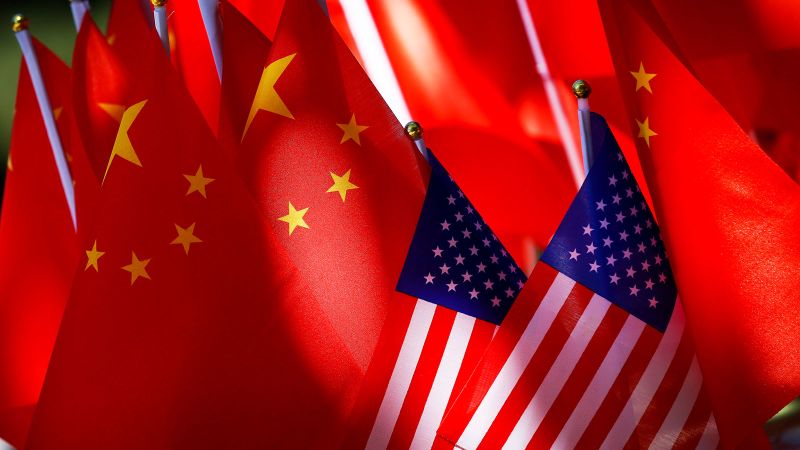
The United States and China are on the verge of announcing tangible progress toward a long-anticipated trade deal, following a series of high-level negotiations in Geneva, Switzerland, over the weekend.
According to officials familiar with the discussions, representatives from the world’s two largest economies engaged in intensive talks aimed at resolving longstanding trade tensions. While specific details of the agreement are expected to be released soon, early indications suggest that both sides have made compromises on key economic issues.
This latest round of negotiations emphasized tariff reductions, intellectual property protections, and improved market access for international businesses. The meetings in Geneva mark a turning point in a relationship that has been strained by years of tariffs, sanctions, and mutual accusations of unfair trade practices.
Trade analysts say the Geneva talks were held in a constructive atmosphere, with negotiators pushing for a framework that could lead to long-term economic cooperation. The deal is anticipated to include phased commitments and frequent review mechanisms to ensure compliance.
A formal announcement detailing the specific provisions of the agreement is expected within the coming days. If finalized, the accord could potentially ease global economic uncertainties and restore investor confidence by signaling a more stable trade relationship between the two global powers.
The trade talks in Geneva follow months of preliminary engagements and set the stage for further diplomatic and economic collaboration. Both Washington and Beijing appear committed to maintaining momentum, with additional discussions and follow-ups planned in the near future.
Observers view the progress as a significant step toward resolving one of the most prominent economic flashpoints of the past decade. Stakeholders in industries ranging from agriculture to technology are closely watching for the implications of the agreement, which could have far-reaching impacts on global supply chains and international commerce.
Source: https:// – Courtesy of the original publisher.








